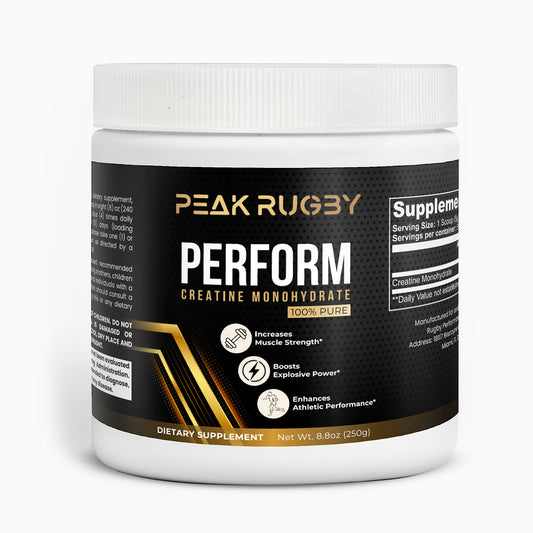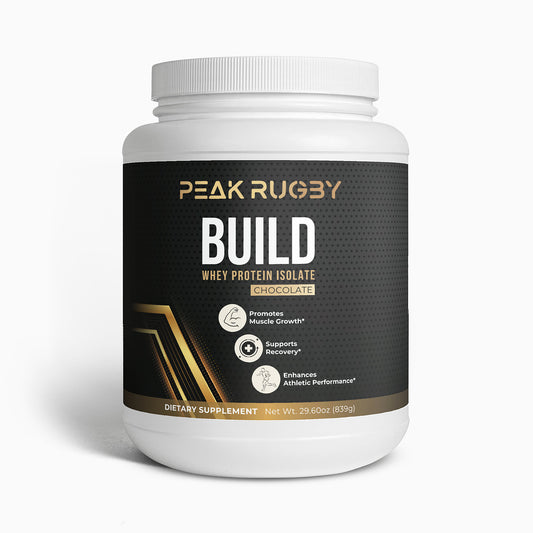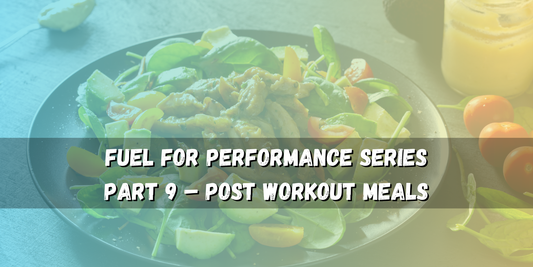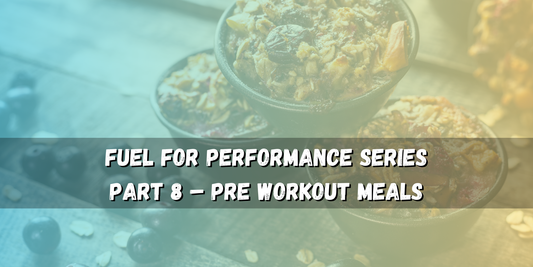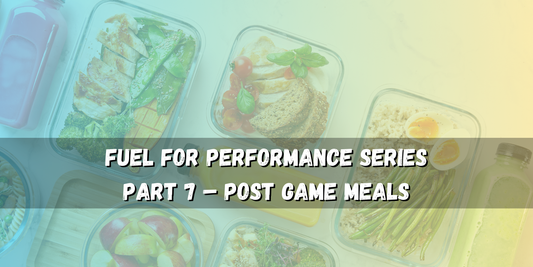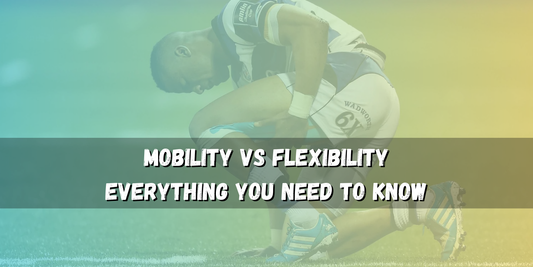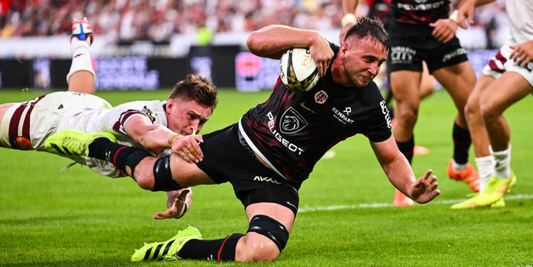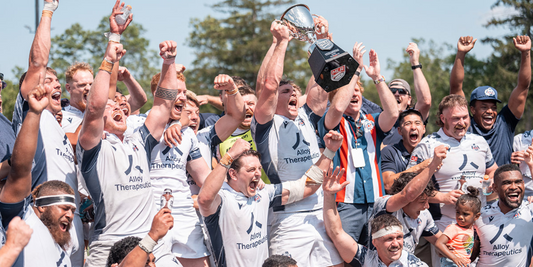The ketogenic diet has exploded in popularity over the past decade, praised for fat loss, mental clarity, and metabolic health. But how does it hold up in the world of performance?
Can a low-carb, high-fat diet actually fuel strength, speed, and recovery? Or does cutting carbs mean cutting your edge?
In Part 6 of the Good or Bad Series, we break down how keto affects athletic performance, body composition, and energy systems—and when it might work for athletes (and when it won’t).
Here’s how the series looks:
- Part 1: Fasting – Good or Bad for Performance?
- Part 2: Dairy – Fuel or Flaw for Athletes?
- Part 3: Gluten – Cut It or Keep It?
- Part 4: Processed Foods – Fuel or Fail?
- Part 5: Raw Meats & Eggs – Hack or Health Risk?
- Part 6: Keto Diet – Can It Work for Athletes?
- Part 7: Vegan Diet – Enough to Perform?
- Part 8: Vegetarian Diet – Can You Build Strength & Power?
- Part 9: Pescatarian Diet – Balanced or Falling Short?
- Part 10: Carnivore Diet – Can Meat-Only Diets Boost Performance?
Let’s dig into the next one on the list: Keto.
WHAT IS THE KETO DIET?
The ketogenic diet is a high-fat, very low-carbohydrate diet that shifts your body into a metabolic state called ketosis, where it burns fat (and ketones) for energy instead of carbs.
Typical macro breakdown:
- 70–75% fat
- 20–25% protein
- 5–10% carbohydrates (usually under 50g/day)
Popular keto foods:
- Eggs, meat, butter, olive oil, coconut oil
- Avocados, cheese, nuts, seeds
- Leafy greens, low-carb vegetables
- No grains, no fruit (except berries), no sugar, no starch
WHY ATHLETES TRY KETO
Some athletes are drawn to keto for:
- Fat loss and lean body composition
- Stable energy without sugar crashes
- Mental clarity and appetite control
- Improved metabolic health (insulin sensitivity, inflammation markers)
- Digestive simplicity
In the off-season, keto can help certain athletes lose fat while maintaining muscle—if the diet is dialed in and the training volume is moderate.
THE BIG PROBLEM: ENERGY SYSTEMS
Most rugby players and high-performance athletes rely on:
- Anaerobic systems for sprints, tackles, jumps
- Glycogen (stored carbs) as primary fuel for power, speed, and repeated efforts
Without adequate carbs, you may experience:
- Reduced top-end power
- Decreased speed and reaction time
- Slower recovery between efforts
- Brain fog during complex drills or decision-making
Simply put: Keto isn’t designed for high-output sports.
KETO CAN WORK IF…
- You’re in a fat-loss phase or deload block
- You’re recovering from injury or time off and training less frequently
- You don’t mind sacrificing some explosiveness short-term
- You’re tracking electrolytes, protein, and calories closely
- You’re not playing games or matches during that time
Some endurance athletes (marathoners, ultra runners) benefit from keto for long, low-intensity efforts. But rugby players? That’s a different engine.
KETO ISN’T IDEAL IF…
- You’re in-season or in preseason
- You’re training or lifting 4–6x/week
- You’re trying to build explosive strength or gain muscle
- You feel sluggish, light-headed, or weak during workouts
- You care about maximizing sprint performance, power, and recovery
Many athletes who try keto find themselves under-fueled, flat, and frustrated—especially after 2–3 weeks of low-carb training.
CAN IT WORK FOR ATHLETES?
Verdict: Sometimes—but it’s not built for power sports.
The keto diet can support fat loss and metabolic health, especially in the off-season or during a lower training block. But for rugby players and athletes who need repeated bursts of speed, power, and strength, carbs are still king.
If you go keto, treat it as a temporary tool—not a long-term solution for performance.
COACH’S TAKE
Keto works great for some general population clients—but in rugby, I’ve seen too many athletes crash from lack of fuel. You need to earn the right to go low-carb. If your goal is performance, keep carbs in, keep them clean, and time them around training.
WANT TO TRAIN SMARTER AND FUEL BETTER?
Enter your email below to join the newsletter and get 15% off your first supplement order—plus free weekly tips straight to your inbox:
- Monday Training Tip: Strength, recovery, mobility, and performance routines
- Thursday Nutrition Tip: Meals, macros, supplements, and fueling strategies
If you found this article helpful, don’t forget to:
- Like and share this post with your teammates and fellow rugby fans
- Bookmark the blog to stay updated on the next rounds
- Follow @gopeakrugby on X and Facebook and subscribe to our Youtube Channel for more rugby analysis, match recaps, and insights



